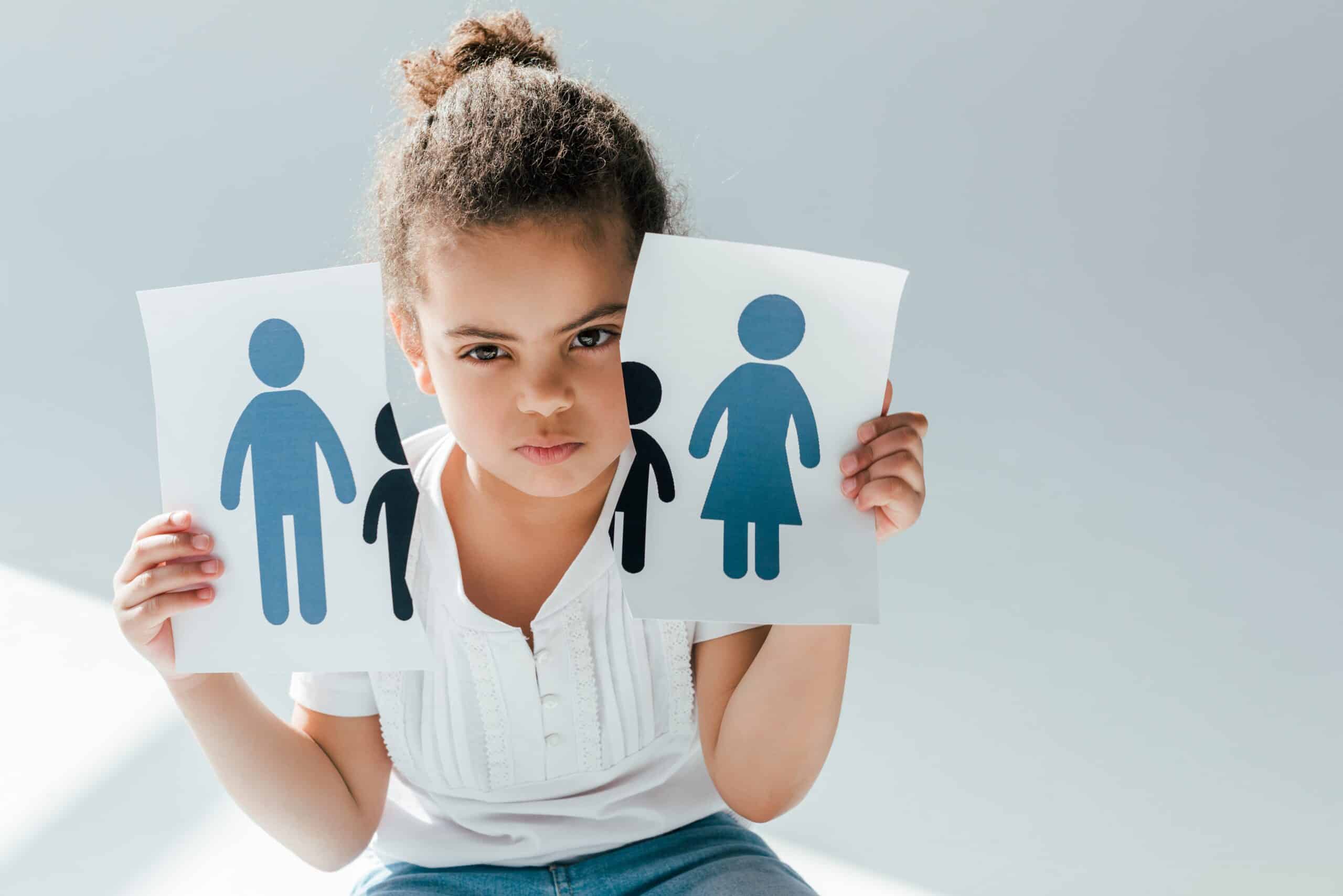Divorce is critical in life that not only separate two best loving partners as a…
How Divorce Can Affect Children – Guest Post

No one gets married to get divorced, but unfortunately, it happens. If you find yourself in this situation, it’s essential to understand how your divorce can affect your children.
Depending on the age of your children, they may react differently to your divorce. Younger children may not understand what is happening and feel they are to blame. It’s important to talk to them about what is happening and reassure them that it isn’t their fault. Older children may appear more accepting of the situation, but that doesn’t mean they aren’t affected by it. They may act out in school or withdraw at home. Again, open communication is vital. Tell them you are available to talk about anything they feel.
There are some practical considerations when you have children and are getting divorced. First, you must agree on who will have primary custody and how visitation will work. Another issue is child support. The non-custodial parent will be responsible for paying child support to the custodial parent.
The divorce process is difficult for all parties, especially children, who find themselves caught in the midst of conflict. As divorce mediators and lawyers will attest, one of the biggest challenges facing separated families is finding a way to deal with their emotions constructively. Often, this involves seeking out professional support from therapists, counselors, and other divorce mediation professionals who can help to guide parents through the process and assist children in coping with the changes that are taking place. By helping parents and children understand their feelings and find healthy ways to express them, these divorce mediation professionals can play an essential role in preparing children for life after divorce. In addition, these professionals ensure that children affected by divorce lead healthy and happy lives.
The child may feel like they are to blame for the divorce.
The child may feel like they are to blame for the divorce. There is no truth to this, and the child should know this. There is no truth to this, and the child should know this. The parent’s decision to get divorced is not the child’s fault. The child may feel like they could have done something to prevent the divorce, but this is not true. The child did not cause the divorce, and they cannot stop it from happening.
It is common for children to blame themselves when their parents get divorced. As a result, children tend to think they are the center of the universe. So when something terrible happens, it is only natural for children to assume that they must have done something wrong.
However, children need to understand that their parent’s decision to divorce has nothing to do with them. The child did not cause the divorce, and they cannot prevent it from happening. Just because your parents are getting divorced does not mean that there is anything wrong with you.
If your parents are getting divorced, you must talk to someone who can help you understand what’s happening. Talking to a trusted adult, grandparent, aunt, or uncle can help you know what’s happening. You can also speak to your teacher, school counselor, or doctor. These people can provide support and answer questions.
Remember, just because your parents are getting divorced does not mean that there is anything wrong with you. You are not responsible for their decision to divorce. And no matter what happens, you will always be loved by both parents.
Conclusion:
Divorce is difficult for everyone, but it can be tough on children. Depending on their age, they may not understand what is happening or feel they are to blame. As a parent, keep the lines of communication open with your children and tell them you are there for them no matter what. There are also some practical considerations to take into account, such as custody arrangements and child support payments. By accepting these things into consideration, you can help make the transition easier for everyone involved.
